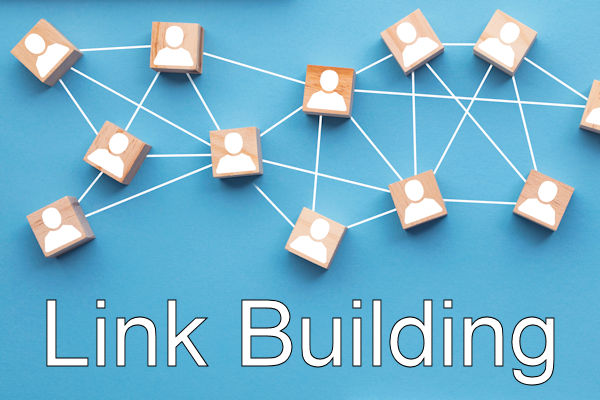 Link building how to:
Link building how to:
Link building is the process of acquiring hyperlinks from other websites to your own website. It is an important aspect of search engine optimization (SEO) as search engines often consider the number and quality of links pointing to a website when determining its ranking in search results.
Here are some steps to help you with link building:
- Create high-quality content: Start by creating valuable and informative content on your website that others would find useful and want to link to. This could be in the form of blog posts, articles, videos, infographics, or any other content that is relevant to your industry or niche.
- Guest blogging: Reach out to other websites or blogs in your industry and offer to write a guest post for them. In the guest post, you can include a link back to your website. Make sure the content you provide is unique, well-written, and provides value to the readers of the other website.
- Reach out to website owners: Identify authoritative websites in your industry and reach out to the website owners or webmasters. Introduce yourself, explain why linking to your website would be beneficial to their audience, and politely request a link. Personalize your outreach emails to increase your chances of getting a positive response.
- Content promotion and outreach: Promote your content on social media platforms, forums, and online communities related to your industry. If your content is valuable and relevant, people are more likely to share it and link to it naturally. Additionally, you can proactively reach out to influencers or bloggers in your industry and ask them to consider sharing or linking to your content.
- Directory and resource submissions: Submit your website to reputable directories and resource pages in your industry. These directories often provide opportunities to include a link back to your website. Ensure that you choose high-quality directories and avoid spammy or low-quality ones that could potentially harm your website’s reputation.
- Broken link building: Identify websites in your industry that have broken links on their pages. You can use tools like Check My Links or Broken Link Checker to find broken links on a specific webpage. Reach out to the website owner, inform them about the broken link, and suggest your own content as a replacement. This approach provides value to the website owner by helping them fix broken links and offers an opportunity for you to gain a link.
- Monitor and analyze your backlinks: Regularly monitor your backlink profile using tools like Google Search Console, Ahrefs, or Moz. This will help you identify new links, check the quality of the links, and address any potential issues such as broken links or spammy links.
Remember, link building is an ongoing process, and it takes time and effort to build a strong and natural backlink profile. Focus on creating high-quality content, building relationships with other website owners, and promoting your content to attract natural links.
